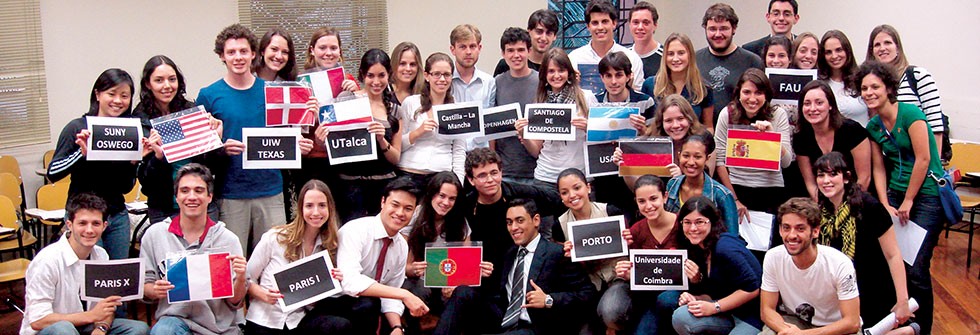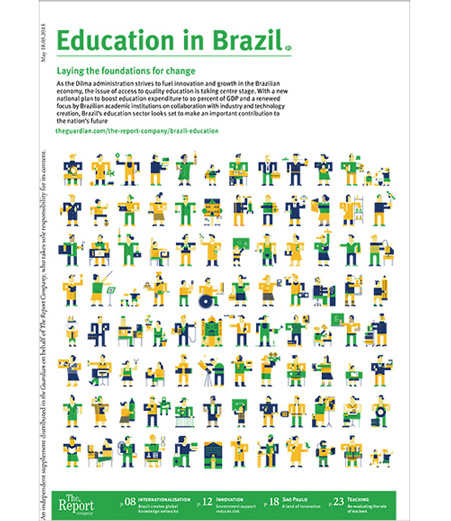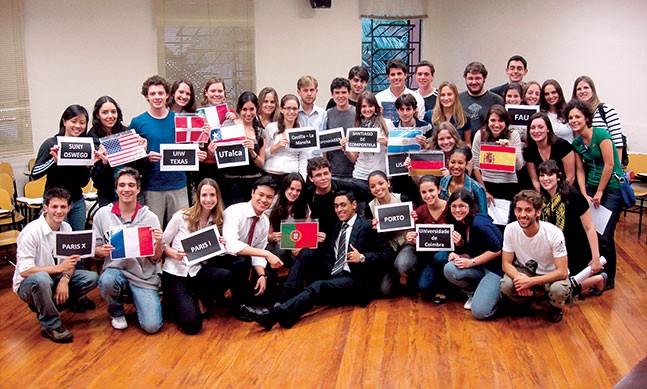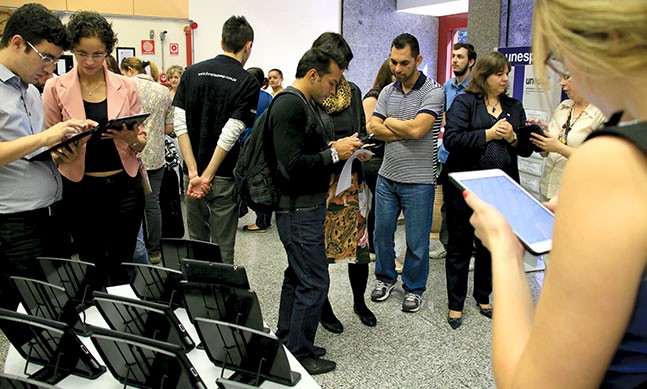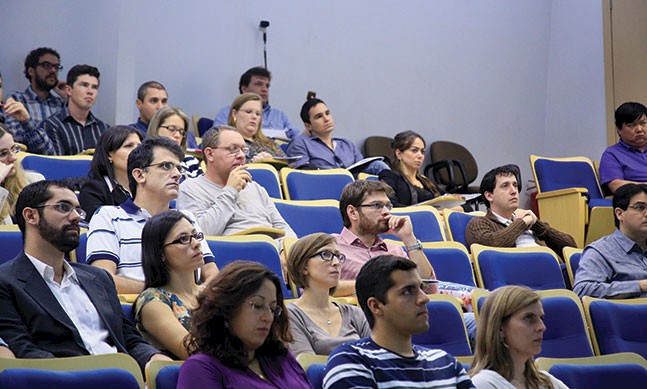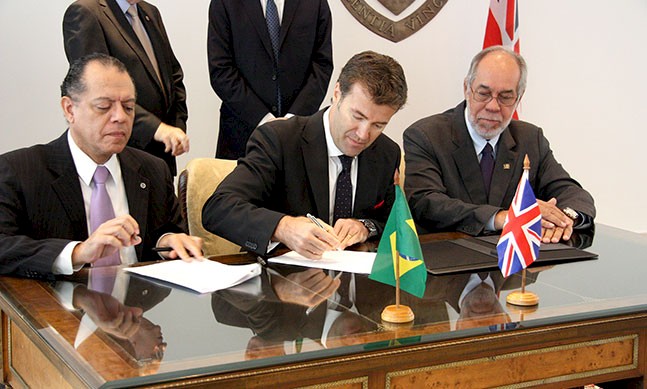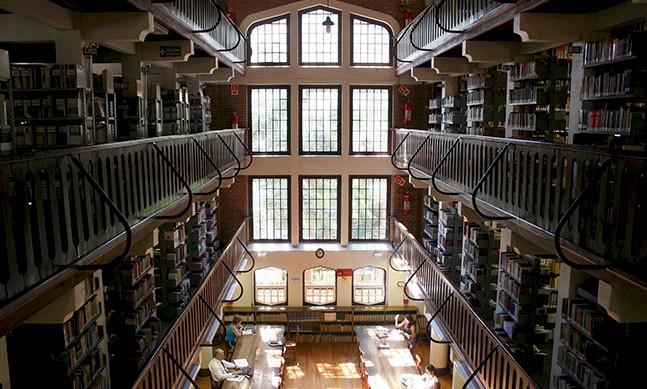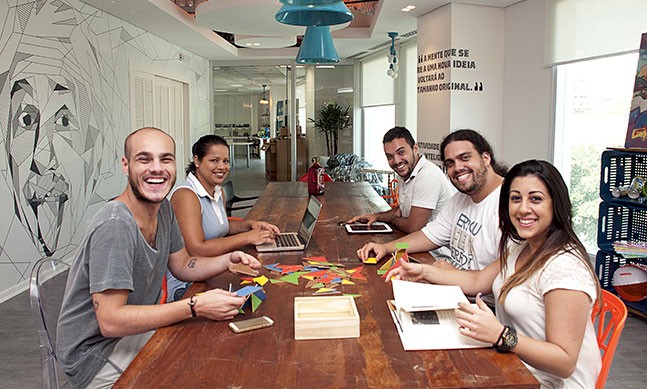Recognising the importance of a more global vision and cultural understanding for the country’s students following the government’s Science without Borders programme, Brazil now aims to create strong international knowledge networks
Interest in the UK, Europe and Asia is on the rise, but traditionally it has been to the United States that the privileged few Brazilian students able to study overseas were drawn. The government’s 2011 Science without Borders programme increased that flow dramatically, but also widened it considerably in ambition. Having witnessed US President Obama’s commitment to send 100,000 US students to Asia, Brazil’s President Rousseff pledged government funds, coupled with funding from the private sector, to provide 101,000 young Brazilians with bursaries to study around the world between 2012 and 2015.
Crucially from the Brazilian perspective, these returning students are now far more likely to return to use their knowledge in the private rather than the public sphere, marking a significant shift towards developing global partnerships. Stressing the importance of internships, the scheme emphasised the practical side of learning and the application of knowledge and skills that Brazil’s more theory-focussed higher education still largely fails to deliver.
“Education deserves more attention from all layers of society”
Lorraine de Matos General manager of Cultura Inglesa Sao Paulo
Tweet ThisThe theory behind Science without Borders comes with strong precedent. Collaboration with the Massachusetts Institute of Technology led directly to the development of national aviation company Embraer, and the revolution in agriculture in the second half of the last century was based on knowledge exchange with US colleges.
The current programme’s most significant challenge was the language barrier. While it was presumed that those most qualified to lead the programme would have an adequate command of English, practical evidence indicated the contrary. The government had to quickly plug the gaps with free, intensive language courses. The planned wave of students overseas became a trickle and what had been proposed as the very essence of President Rousseff’s transition towards a new and vibrant entrepreneurialism and knowledge exchange for Brazil was caught on a very early, highly visible snag.
“Our mission is to integrate people in a global environment through the English language”
Peter O’Donnell President of Brasas
Tweet ThisWith the issue now addressed, however, the groundwork has also been laid to help Brazilian universities realise their ambitions of welcoming a greater number of international students to their own lecture halls and laboratories. Increasingly aware of the merits of these global partnerships as multipliers of knowledge, resources and, ultimately, the scope of their projects, Brazil will also receive 1,250 British researchers and scholars on inbound fellowships.
The second phase is ready to be unveiled with these teething problems addressed. As the process beds in with the recent social inclusion laws for universities, the opportunities for travel and the broadening of horizons for less privileged students are as important as the links being forged between universities themselves.


